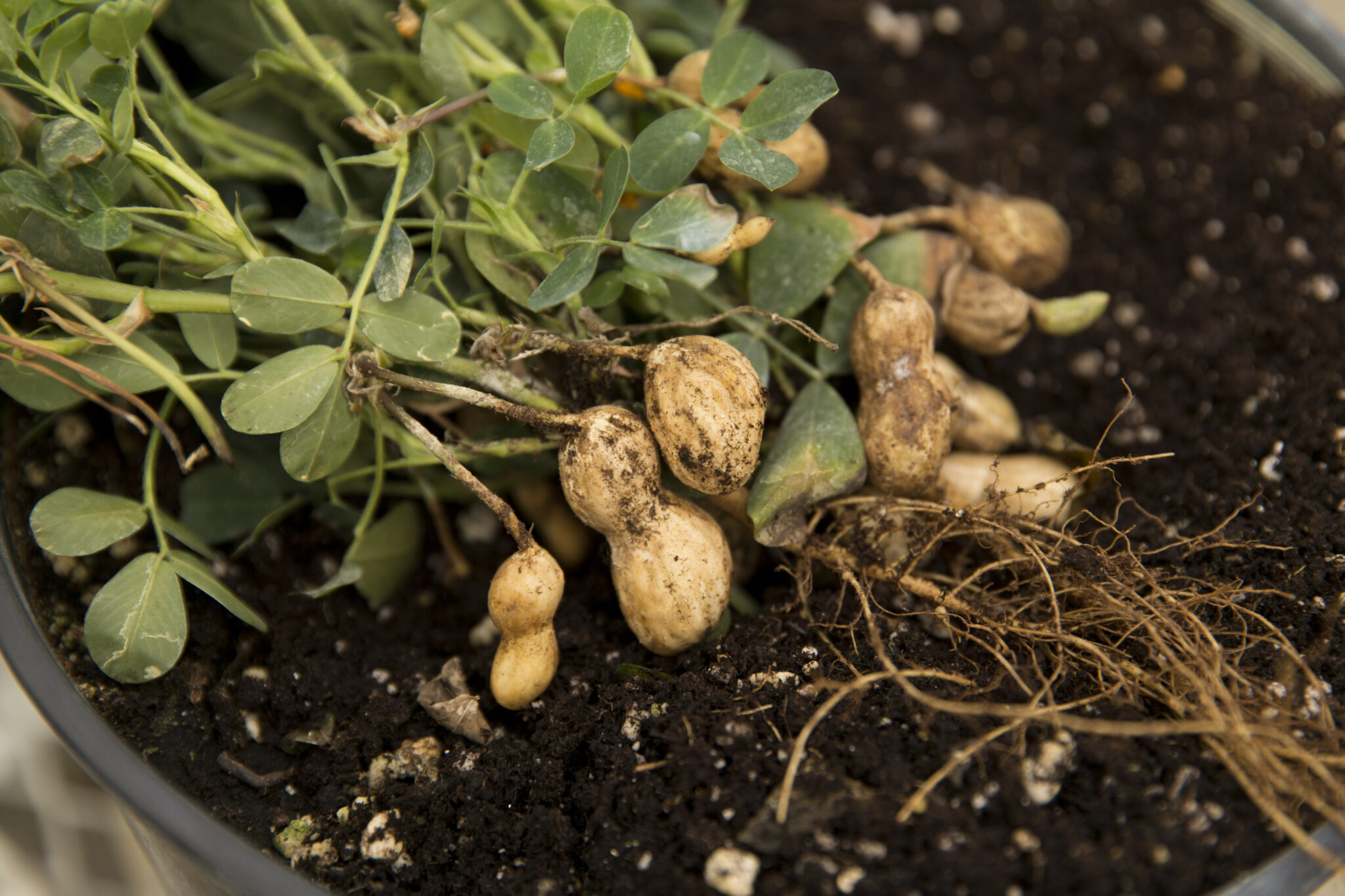By Sharon Omahen
University of Georgia
Fresh water and friction
The best way to clean produce at home, she said, is to simply rub it while running fresh water over it. Soaking the produce in a weak chlorine solution will reduce bacteria, too, but it won’t get it all if it is contaminated. “It is certainly not an answer to the problem,” she said. Don’t soak produce for more than one minute in a chlorine solution. Still rub it under fresh water after the soak. “Dirt or any kind of organic material that the vegetables add to the solution will use up available chlorine before any free chlorine can sanitize,” she said. “Free chlorine will bind with organic material first, and it's only what is left over that will be available to kill microorganisms.”Nooks and crannies
Cleaning the surface of vegetables like cantaloupes can be a difficult task. “There are so many nooks and crannies for bacteria to hide in on produce,” said Judy Harrison, a UGA Extension food safety specialist. “They can get down in the openings for respiration on the surface of leaves or inside stem scars.” In addition to providing county agents with consumer information, Harrison works with UGA College of Agricultural and Environmental Sciences food scientists to develop post-harvest safety recommendations for farmers. The key to preventing contamination is to take precautions at all steps along the way -- from the farm fields to home tables, she said.Follow these tips
To reduce health risks from contamination, Harrison offers these tips: * Wash hands with warm water and soap for 20 seconds before and after preparing fresh produce. * Wash all produce before eating. * Don’t wash it with soap or detergent or commercial produce washes. * Remove damaged or bruised areas on fruits and vegetables before preparing or eating. Throw rotten-looking produce away. * Wash produce even if you plan to peel it. * Scrub firm produce, such as melons and cucumbers, with a clean produce brush. * Dry produce with a clean cloth or paper towel.





